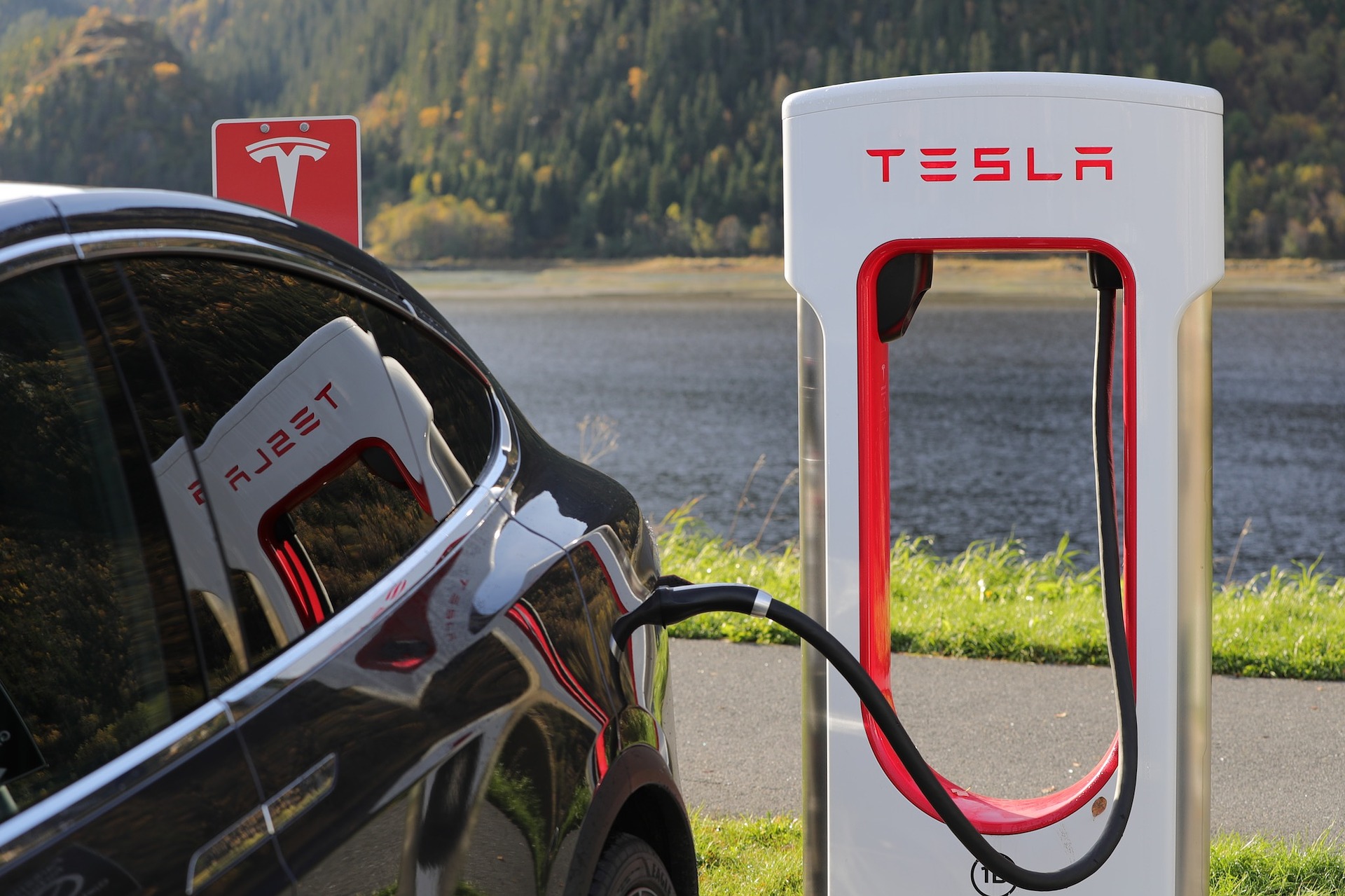Tesla market cap surpasses next five largest automotive companies combined
Skyrocketing shares put market cap at well over $700 bn, larger than any other auto manufacturer giant, and more than the combined value of Toyota, Volkswagen, Daimler, GM, BMW, Honda, Hyundai, Fiat Chrysler and Ford

Tesla’s share value has been on a tear, making it the world’s most valuable car company in terms of market cap. At the time of writing this market cap had reached $758 billion. This represents a 1,200% increase since January 2019 and more than 700% over the course of 2020 and makes it more valuable than the next five largest automotive manufacturers combined, including some of the world’s largest, such as Toyota, Volkswagen, and Daimler.
This market valuation comes despite the fact that Tesla is a relative minnow in its total production levels. In 2020 it produced just shy of 500,000 vehicles. Although this is more than Wall Street targets, and the most for any electric vehicle brand in the world, it pales in comparison to the largest players which Tesla dominates in terms of total stock value. Toyota, for example made 828,066 vehicles in the month of November alone. Volkswagen made just under 11 million in 2019, with plans to invest 73 billion euros ($86 billion) up to 2025 and a goal to produce 26 million electric cars before 2030. A report for RBC Capital Markets said that it expects Tesla to reach a production level of 1.7 million vehicles per year in 2025.
For context, around 14.5 million vehicles were estimated to have been sold in the US market alone in 2020.
Part of this meteoric rise has been the ability of Tesla to prove business sustainability in the eyes of investors with five continuous quarters of profits, albeit with help in sales of regulatory credits, but also in the struggles of the many in the automotive industry this year and a hard task in turning electric vehicle production into profitable models.
Although 2020 has not seen as deep a slump as feared earlier in the first half of the year, Tesla’s year-on-year growth in sales, revenues and profits is in contrast to the overall mood in the market. UK car sales fell 29% in 2020 according to the Society of Motor Manufacturers and Traders (SMMT), for example, and the US market contracted by an estimated 15%. This has hit some of the major brands, with Fiat Chrysler seeing sales decline 17.4%.
Electric vehicle sales are bucking this trend vigorously, with the UK battery-powered market nearly increasing three-fold in size, underlining the importance of the new market. However, it is one that is difficult to scale in a profitable manner. Vehicle batteries and powertrains in particular are expensive to produce and manufacturers are having to overcome imbalance in supply and demand, such as investing rapidly to find more high-quality sources of lithium.
Tesla’s head start in procuring and securing its battery supply chain is a key competitive advantage in this regard, as is its investment into major production facilities to complement its partnerships in producing energy storage capacity.
The rise in share prices has made Elon Musk, the company’s outspoken CEO, the world’s richest man.
